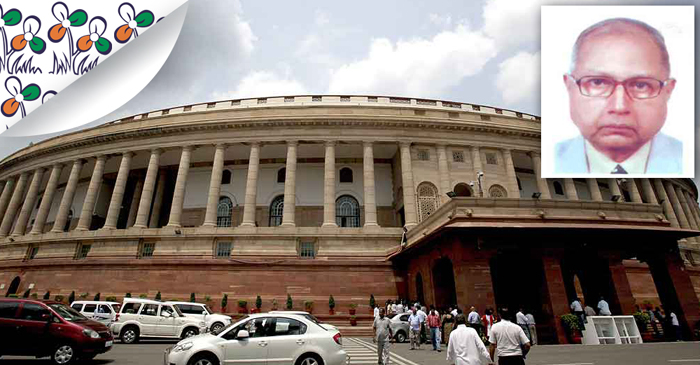Full transcript:
Sir, through you I wish to mention about worrisome low trend of representation of minorities in the public sector employment as well as in the central police forces which is only 7.8% and 9.9% respectively now.
Sir, there have been many studies conducted regarding the socio-economic condition of minorities and recommendations have been submitted to the Government and in those reports, it has been argued that minorities especially Muslims continue to be left out of both government jobs and the urbanisation wave.
Moreover, basic advantages of a better sex ratio and higher birth rate have been wasted due to lack of health facilities in areas dominated by Muslims and a high school drop-out rate. Sir, nearly six months have passed since the submission of Post-Sachar Evaluation Committee’s report but no action has been taken by the Government.
Sir, I wish to request the Government, through you, that it must incentivise both private and public sector companies to undertake large scale and strong affirmative action initiatives in skill trainings and employment opportunities for minority and especially Muslim youths. Also, there should be Government led planned recruitment drives in the time bound manner for them.
Finally, I wish to conclude by saying that the true idea of India resides in representation by we all, and it must be respected.
Thank you.

